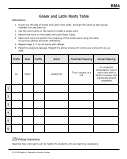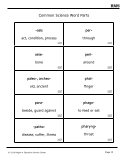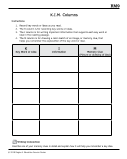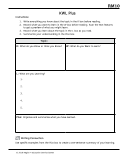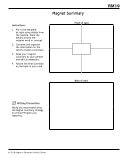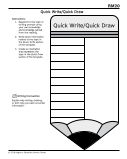What Is the Companion Guide for Literacy Strategies? Have you ever handed out a reading passage to your class only to have students: • ask “Why do we have to read this? This isn’t an English class.”? • push back their chairs, cross their arms, and sigh heavily? • try to escape the classroom to the nurse or restroom? • put their heads down? • say “Reading is boring!”? Students’ feelings about reading are often tied to experiences they have had both in and out of school. If you consider your own reading history, you can probably recall things that helped or hindered you along your reading journey. You may have read at a different pace than your peers, had trouble locating important information, have uncomfortable memories of being asked to read aloud to the class, or never really enjoyed reading. Alternatively, you may associate reading with family time and memories of reading with parents, escaping to another world through a good book, or a belief that reading is valuable and contributes to understanding. The good news is that reading isn’t something that you master by the end of third grade. It is a skill that can be developed over time. Students may enter the classroom knowing how to read the words on the page. Fewer know how to read to learn in science .
































































































































































































































































































